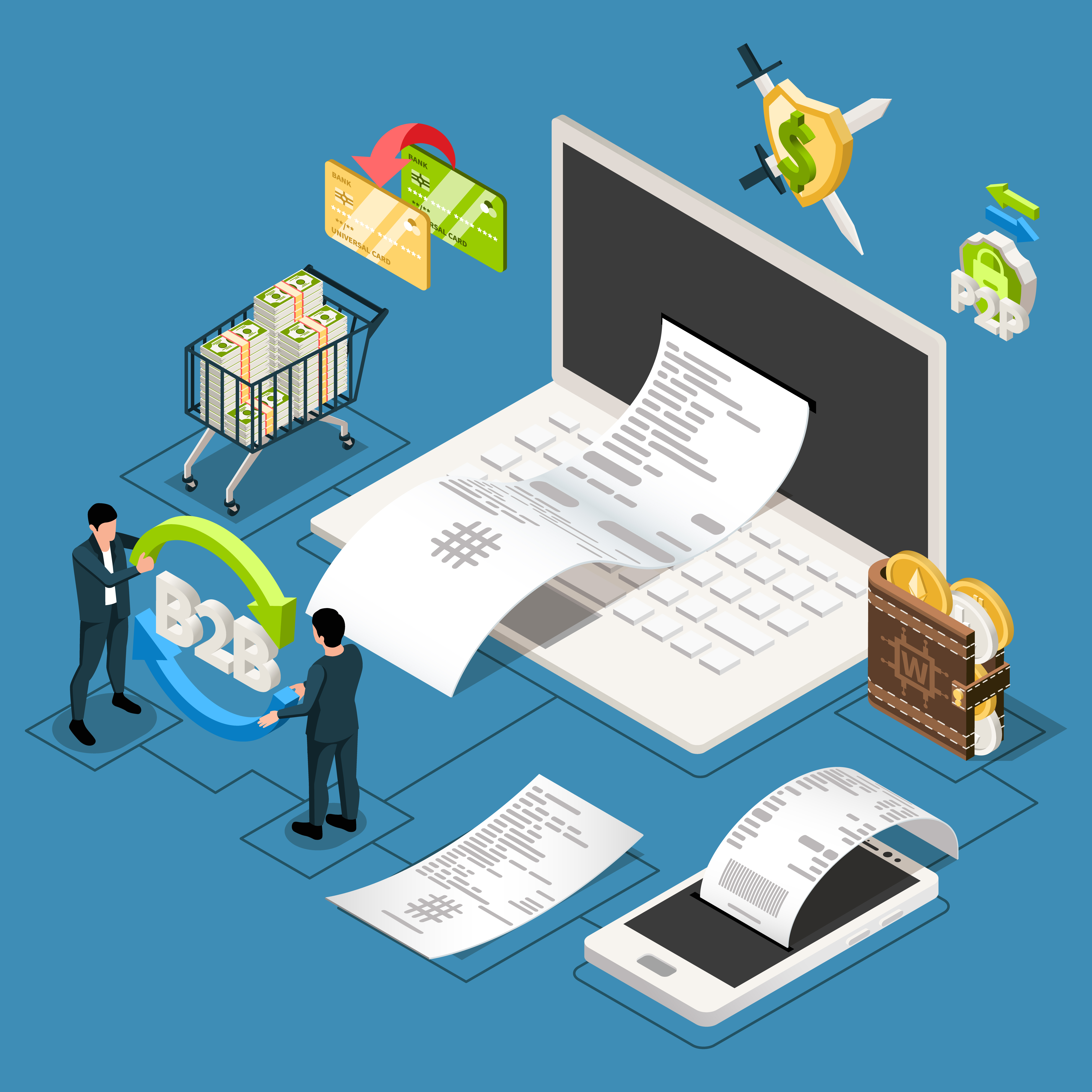What Is The Difference Between Billing and Accounts Payable?
Imagine you're a freelance photographer. You've just captured stunning images for a local magazine. You've poured your creativity and technical expertise into the shoot, and now it's time to get paid. But before you can celebrate that well-deserved paycheck, there are two crucial financial concepts to understand: billing and accounts payable (AP). While they might sound similar, they represent opposite ends of the financial transaction spectrum within a business.
Billing: Sending Invoices and Requesting Payment
Billing refers to the process of issuing an invoice to a customer for goods or services rendered. It's your way of formally requesting payment for the work you've done. A well-designed invoice should clearly outline the following details:
- Your business information: This includes your company name, contact details, and tax ID (if applicable).
- Customer information: The name and contact information of the client you invoiced.
- Description of services: A clear breakdown of the services provided or the goods sold.
- Quantity and price: Specify the quantity of each item or service and the corresponding unit price.
- Payment terms: Clearly outline the due date for payment and any late payment penalties.
According to a 2023 study by Fundera https://www.fundera.com/, small businesses in the United States report that an average of 13.1% of their invoices become overdue. Effective billing practices can help minimize late payments and ensure a smooth cash flow for your business. Here are some key tips for effective billing:
- Send invoices promptly: Don't delay in sending invoices after completing a project or delivering goods.
- Offer multiple payment options: Make it easy for customers to pay you by providing a variety of payment methods like credit cards, online payments, and checks.
- Follow up on overdue invoices: Have a system in place for sending polite reminders to clients who haven't settled their bills on time.
Accounts Payable: Managing Your Obligations to Suppliers
Accounts payable (AP) represents the money your business owes to suppliers for goods or services you've already received but haven't yet paid for. Think of it as a short-term loan you take out with your vendors. According to a 2022 study by the Institute of Financial Operations [invalid URL removed], 42% of businesses in the United States reported having an average payment term of 30 days. This means they have one month to settle their outstanding invoices with suppliers before accruing late fees or damaging their creditworthiness.
Effective AP management is crucial for maintaining healthy supplier relationships. Here are some of the key benefits:
- Stronger supplier relationships: Timely payments demonstrate your reliability and foster positive relationships with vendors. This can lead to better deals on bulk orders or early payment discounts in the future.
- Improved cash flow: By strategically managing payment terms with suppliers, you can optimize your cash flow and avoid unnecessary early payments.
- Reduced errors and fraud: Manual data entry for invoices can be prone to mistakes. Implementing an organized AP system with automation features minimizes errors and helps prevent fraudulent activity.
Key Differences Between Billing and Accounts Payable
Conclusion
Understanding the distinction between billing and accounts payable is essential for any business owner or entrepreneur. By effectively managing both aspects of your financial transactions, you can ensure a healthy cash flow, maintain positive relationships with both customers and suppliers, and ultimately achieve long-term business success.
For businesses struggling to manage their billing or AP processes efficiently, there are a number of Accounts Payable Services offered by specialist firms. These services can provide a tailored solution to automate tasks, streamline workflows, and improve overall financial management.




I have read your blog very carefully. The information you provide is very helpful. I also provide same services. Thanks for sharing this useful blog. small business accountant NYC
ReplyDeleteAccounts payable is more than just processing invoices—it plays a key role in managing cash flow and maintaining accurate financial records. Businesses that invest in professional accounts payable services can minimize fraud risks, avoid duplicate payments, and streamline approvals. A well-managed AP system can lead to better vendor negotiations and cost savings.
ReplyDelete